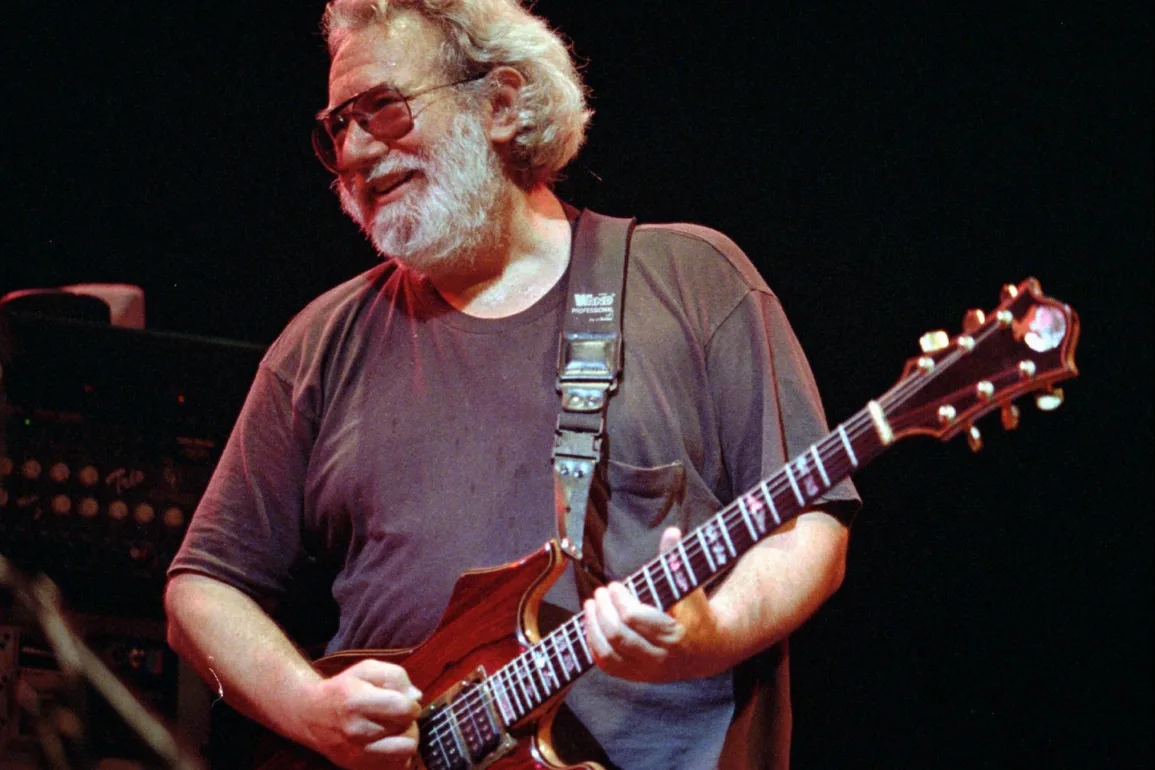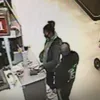When it came to highlighting the “confusing mess” created by New York’s attempt at bail reform, a judge invoked the power of rock-and-roll — literally.
“‘Maybe you’ll find direction/ Around some corner where it’s been waiting to meet you,’” Bronx Criminal Court Judge Jeffrey Zimmerman wrote in an opinion last week, quoting lyrics from the Grateful Dead’s 1970 song “Box of Rain.”
“Clearly, the bass player and lyricist of the Grateful Dead have never read New York’s bail reform statutes,” Zimmerman continued. “Instead of direction, the statutes provide judges with obfuscation and legislative sleight of hand.”
The Dead-infused court decision meant to explain why Zimmerman reduced bail for Edward Santiago, who was charged with attempted murder and gun possession and was initially held on a $335,000 bond. But it also offered a “very truncated history” of the state’s attempts at bail reform — with Zimmerman laying out the inconsistencies found in a system that prohibits judges from considering community safety when setting bail, while simultaneously requiring them to do so when it comes to alleged violent crimes.
In New York, the statute overhaul came in 2019, when the state moved to eliminate cash bail for most misdemeanors and some nonviolent felonies. When it came to “qualifying offenses,” or more serious crimes, the law mandated courts to find “the least restrictive alternative” to ensure a defendant’s return to court.
The idea was to stop punishing poor people who can’t afford to post bail while they’re awaiting trial and to address racial disparities in the criminal justice system. Soon after, though, the state’s legislature began weakening the law, following outcry over public safety.
Since 2020, the law has been amended three times to add more bail-qualifying crimes, including violent felonies, sex offenses and terrorism charges, and, most recently, to remove “the least restrictive alternative” provision — something Gov. Kathy Hochul (D) touted in April as a way to give judges “more authority to set bail and detain dangerous defendants” who may be committing other crimes after posting bail.
The result, however, has been “a Swiss cheese of a sanction,” said Elizabeth Glazer, former director of the New York Mayor’s Office of Criminal Justice, “because it’s a confusing and opaque system with a free-for-all of standards.”
“We need a clear system in which everybody knows what the factors are that are being used and what the true reasons are,” said Glazer, who now heads Vital City, a policy journal that addresses public safety issues. “States like New Jersey, that have done this thoughtfully and carefully and have provided judges with the right tools, have seen reductions in their detained population and reductions in pretrial offending.”
Zimmerman’s July 24 court opinion, she added, “masterfully highlighted that we don’t have a rational law, and it makes it virtually impossible to write a clear decision.”
In explaining his reasoning in setting bail for Santiago, Zimmerman said he considered the combination of factors required by the law: whether Santiago is a flight risk, whether he has a criminal record and whether he allegedly caused serious harm. Santiago is charged with weapons possession and firing a gun at three men in an incident that was captured by video.
An attorney for Santiago declined to comment. In court, though, she argued that Santiago didn’t cause serious harm because the bullets missed their intended targets.
Zimmerman found that Santiago is a flight risk and that his alleged actions caused serious harm but balanced those factors with Santiago’s lack of a previous adult criminal record to ultimately reduce his bond to $200,000.
Though Zimmerman’s use of the Grateful Dead was reduced to a lyric from “Box of Rain,” there’s another song in the band’s repertoire that touches on their run-ins with the law: “Truckin’” from the same 1970 album, “American Beauty.”
That song immortalizes the wee hours of a Saturday in New Orleans in 1970 when the Grateful Dead were infamously busted down on Bourbon Street and arrested on drug charges.
It would take a couple of hours for their manager to arrange a combined bail of $37,500, equivalent to what the band had earned for the previous night’s gig. The charges were eventually dismissed.
The Dead stayed around for two extra nights — one of which was used to raise a bail fund for other artists who might face a similar situation.



